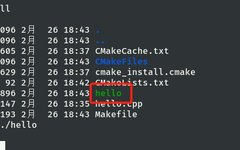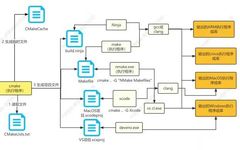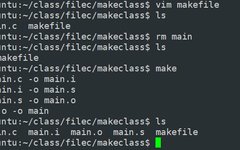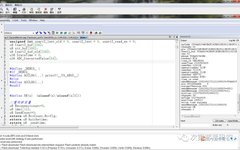Essential Guide for CMake Beginners to Master Build Skills
Linux | Red Hat Certified | IT Technology | Operations Engineer 👇1000 people technical communication QQ group, note 【Official Account】 for faster approval 1. CMake Installation 1. Download the CMake installation package from the official website, I downloaded v3.26 wget https://github.com/Kitware/CMake/releases/download/v3.26.0-rc4/cmake-3.26.0-rc4-linux-x86_64.sh 2. Locate the downloaded .sh file and execute the script using bash bash cmake-3.26.0-rc4-linux-x86_64.sh … Read more




